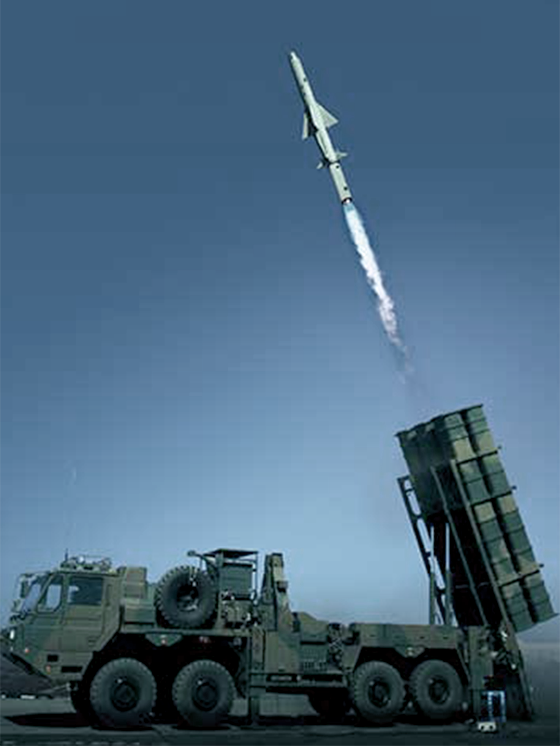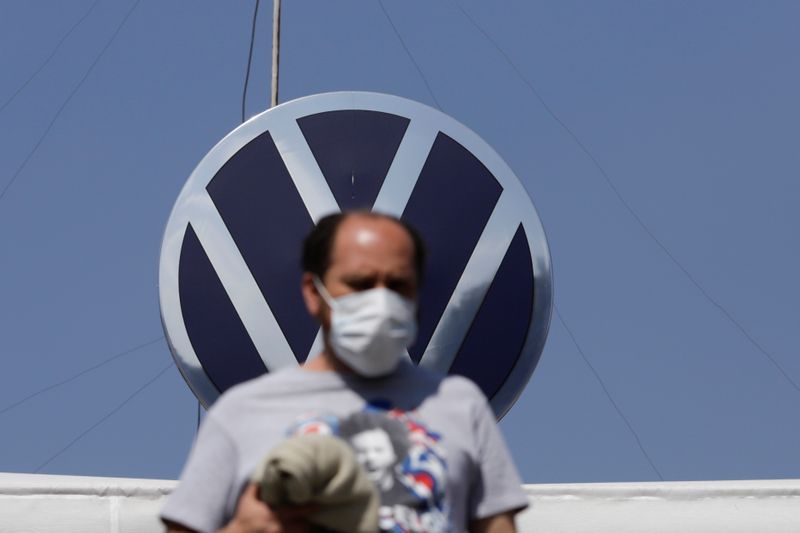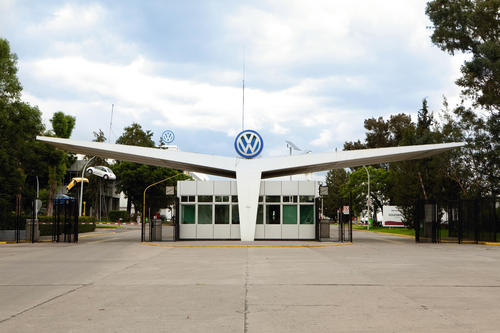Rolls-Royce (OTC: RYCEY) today announced that it is on track to complete initial F130 engine testing for the United States Air Force B-52J Stratofortress by the end of the year. Continued Rapid Twin Pod Tests at NASA Stennis Space Center in Mississippi have accomplished all of Rolls-Royce’s initial goals and allowed for the gathering of unprecedented amounts of data early in the program, further de-risking the integration of the F130 engine onto the B-52J.
In September 2021, Rolls-Royce F130 engines were selected by the Air Force to replace the existing powerplants in the B-52 fleet, with over 600 new engine deliveries expected. The new engines will extend the life of the B-52 aircraft for 30 years and are so durable they are expected to remain on wing for the remainder of the aircraft life.
F130 engines will be manufactured, assembled and tested at Rolls-Royce facilities in Indianapolis, the company’s largest production facility in the U.S. The F130 is derived from the Rolls-Royce BR family of commercial engines, with over 30 million hours of operation and a high reliability rate. It’s a proven, dependable engine with a fuel-efficient design.












